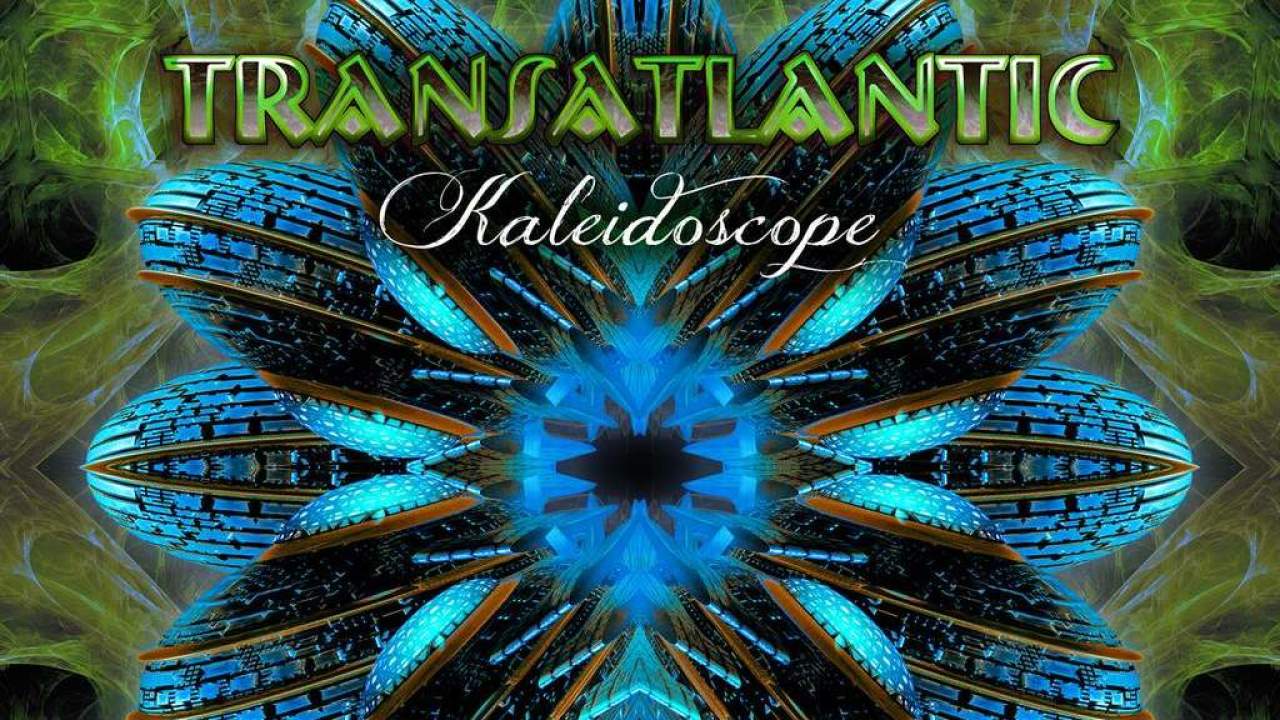You can trust Louder
It’s hard to recall now the unanticipated impact that Transatlantic’s first album release, SMPT:e, had back in 2000. There may well have been a glut of bands producing 1970s-inspired prog at that time, but none of them was able to create anything with the audacious aplomb and radiance that Transatlantic’s debut possessed. It was brimful with swirling melodies and riffs, and with the combined talents of Mike Portnoy, Roine Stolt, Neal Morse and Pete Trewavas driving the project, Transatlantic’s supergroup credentials were also unparalleled.
Monstrously overblown that album may have been, but as Trewavas once wryly noted: “Of course it’s bombastic and over the top but that was the whole point. If something’s worth doing, it’s worth overdoing.” Excitingly, this band have cultivated a distinctive sound of their own that simply sounds like Transatlantic and nobody else. There may be discreet, audible appreciation of the 70s prog pioneers that fleetingly waft through their music, but the merging of these four inventive and nimble musicians has undeniably made for a truly unique sound.
Their last release, 2009’s The Whirlwind, contained a solitary, 76-minute track, and consequently it was criticised by some who identified padding and decreed that the grand concept overrode the musical integrity. Perhaps acknowledging that, Kaleidoscope has reverted back to the format that gave such balance to their second album, Bridge Across Forever. With two ambitious tracks bookending the album (both extending beyond the 25 minute mark), and three shorter tracks wedged in between, Kaleidoscope has a poise and equilibrium its predecessor lacked.
In typical Transatlantic style, opener Into The Blue extends through five distinct and intricate parts that combine to create a 25 minute epic. Commencing with a gorgeous instrumental, it contains all the precise, musical signatures and melodies that define this band. Notably, on the third segment, A New Beginning, bassist Trewavas is relishing his freedom away from Marillion, truly shining by filling the expansive space with Chris Squire-esque lead bass lines. Aside from the unforeseen musical twists that a song of this length demands, there’s also the surprise of Pain Of Salvation and Transatlantic live member Daniel Gildenlöw contributing vocals during Written In Your Heart. The band’s ability to combine four singers, each with their own irrefutably distinctive style, is one of the major hallmarks of their uniqueness.
Shine was originally earmarked for Neal Morse’s solo album Momentum but he wisely saw the potential for using it here. It opens with a lilting, acoustic guitar accompanied by the distinctive Morse/Stolt/Portnoy vocal combination, before steadily building towards an elevating crescendo. Here the album’s consistency is aided by a fleeting reprise of a vocal melody from the opening track. It’s a trick that Transatlantic have used before, and when it’s done as subtly as this, it provides an elegant cohesion that few artists have the guile to pull off well.
Black As The Sky is equally stunning, with striking melodies concentrated down into a relentless six minutes of magnificent modern progressive rock. It’s the album’s peak, and although there will rightly be those who’ll compare the instrumental section to the classic Genesis track Los Endos, this is still instantly identifiable as part of Transatlantic’s own sophisticated musical vocabulary.
The relatively maudlin Beyond The Sun follows, a meditation on mortality and dealing with loss. It may be intended as an uplifting, hopeful tale of ultimate reunion, but the addition of a cello gives it a relentlessly mournful tone. It’s still a beautiful song, one worlds away from the religious undercurrents of Morse’s solo albums that some find off-putting. Closing the album, the title track is another sprawling expanse of lavish creativity, opening with an addictive Overture section and travelling through another six partitioned, classy movements.
Sign up below to get the latest from Prog, plus exclusive special offers, direct to your inbox!
Those who may have adored this band’s first two albums but who somehow felt dissatisfied with The Whirlwind will find solace here. Only time will tell where this album will ultimately sit in this remarkable band’s back catalogue, but there can be no doubt that the accomplished and scintillating Kaleidoscope will surely be regarded as one of Transatlantic’s finest works.

